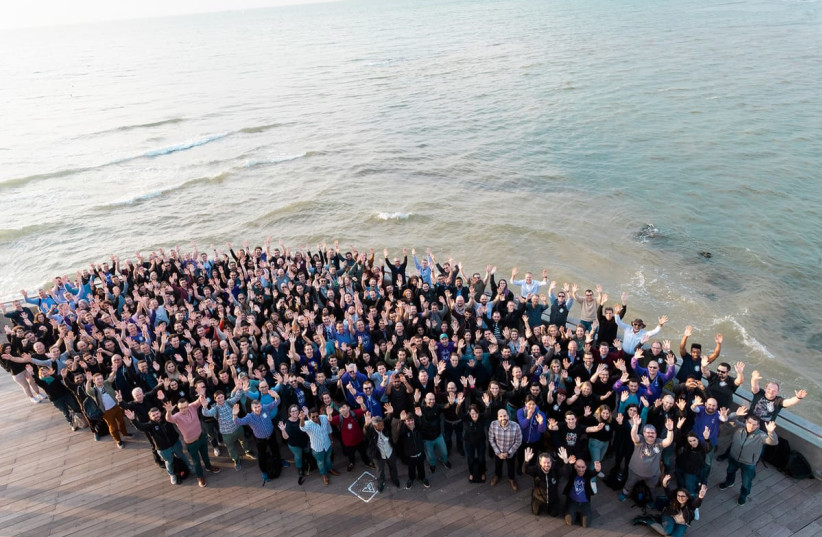The number of Israeli-founded unicorns (start-ups with a value of $1 billion) in the United States is growing rapidly: while only 18 Israeli unicorns could be found around the world five years ago, now nearly double that number can be found in California alone.
In fact, 80 Israeli unicorns are now based in the United States, according to the United States – Israel Business Alliance. Each company has at least one Israeli founder and its global or regional headquarters is in the United States.
“On the surface, Israeli innovation is a flashy red Corvette that draws considerable capital investment on the strength of exciting game-changing solutions,” USIBA president Aaron Kaplowitz said. “But underneath the hood, Israeli innovation is a Ferrari: a powerful economic engine that employs tens of thousands of Americans and generates billions of dollars in local economies.”
The 80 US Israeli-founded unicorns mark a high point. The nine states with Israeli-founded unicorn headquarters are California (32), New York (26), Massachusetts (10), New Jersey (4), Florida (2), Illinois (2), Texas (2), Oregon (1), and Washington (1).
Their combined valuation amounts to $224.8b. That puts the average value of each Israeli-founded unicorn in the US at $2.81b.

Rapyd, located in California, tops the list with a $15b. valuation, followed by Washington-based Tanium at $9b. Snyk, in Massachusetts, and Pagaya, in New York, both carry $8.5b. values. Nineteen companies hold a $1b. valuation.
The 80 companies have collectively raised more than $36.2 billion in private capital. Five unicorns have individually raised $1b. or more: TripActions (California, $1.5b.), Snyk (Massachusetts, $1.4b.), Trax (California, $1b.), Fireblocks (New York, $1b), and Tanium (Washington, $1 ).
OrCam, in contrast, has raised roughly $100 million, the least of any Israeli-founded unicorn. Based in New York, OrCam’s technology assists people with visual impairment and was founded by some of the co-founders of Mobileye. In 2017, Intel acquired Mobileye for $15.3 billion – the largest exit in Israel’s history.
Kaplowitz suggested that the more states with at least one unicorn, the better, as it could lead to greater proliferation across the US in the future. “While Manhattan and Silicon Valley are generating Israeli-founded unicorns at an unprecedented clip, the real story here is that Israeli founders are identifying states beyond New York and California as viable options to grow their companies.”
“Unicorns don’t just fall from the sky,” he said. “These states with one or two unicorns could serve as effective ambassadors to the next batch of up-and-coming Israeli founders looking to source local talent and establish a robust US presence.”
